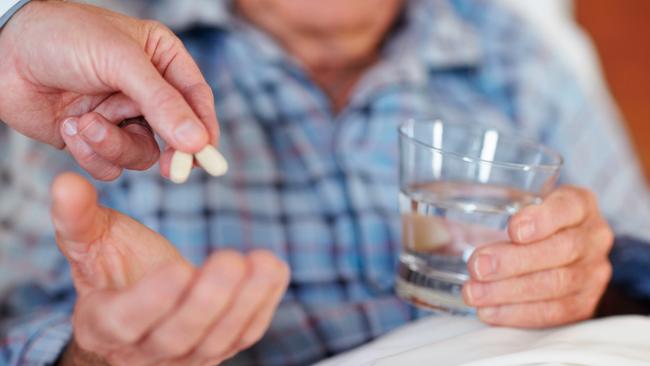Funding crucial to improve mental health
Continued investment in infrastructure is needed to enable and empower rural patients.

THE Andrews Labor Government recently announced $100 million to deliver 76 infrastructure improvement projects across regional health services in Victoria, funded through the Regional Health Infrastructure Fund.
This includes $2.74 million in refurbishments to Cohuna District Hospital, and $1.63 million for a new building at the Winda-Mara Aboriginal Corporation in Heyward, among others.
The design of a new, fit-for-purpose Community Mental Health Centre in Portland was similarly enabled through a previous round of funding, recently opening its doors with the hope of transforming mental health care across the southwest of the state.
These investments highlight the important role of physical spaces in improving access to healthcare for rural patients, and are particularly relevant for rural patients living with disability who may have reduced or limited capacity to seek alternative care arrangements.
Importantly, Australia is a signatory to the Convention on the Rights of Persons with Disabilities, and as such we have a responsibility to “promote, protect and ensure the full and equal enjoyment of all human rights and fundamental freedoms by all persons with disabilities, and to promote respect for their inherent dignity”.
However, unnecessary physical barriers can inhibit individuals who are living with disability from recognising their health rights to the fullest extent possible.
Indeed, during the Royal Commission into Victoria’s Mental Health System, the commission received evidence that inadequate planning has led to marked underinvestment in the physical infrastructure for public mental health services across the state.
It was also noted that much of Victoria’s mental-health infrastructure is old and outdated.
This of course assumes that rural patients living with disability are able to travel to attend mental health services in the first place.
So, as we progress reform of mental health and other services in Victoria it is important that we continue to build spaces that enable and empower the participation of rural patients with disability in their own care.
At times this process might be complicated, and it will certainly require ongoing investments of both money and thought. But we mustn’t forget to highlight opportunities for the building and remodelling of physical spaces – which are sometimes right in front of our eyes.
● Dr Skye Kinder is Rural Doctors Association of Victoria vice president and a psychiatry trainee
MORE
MINISTER FOR AGRICULTURE AND REGIONAL DEVELOPMENT BACKS FARMING COMMUNITIES
$3500 RAISED IN SEARCH FOR ‘HIGH-RISK’ MISSING WOMAN
WETTER-THAN-AVERAGE START FOR QUEENSLAND, NSW WHILE VICTORIA AND SOUTH AUSTRALIA REMAIN DRY


